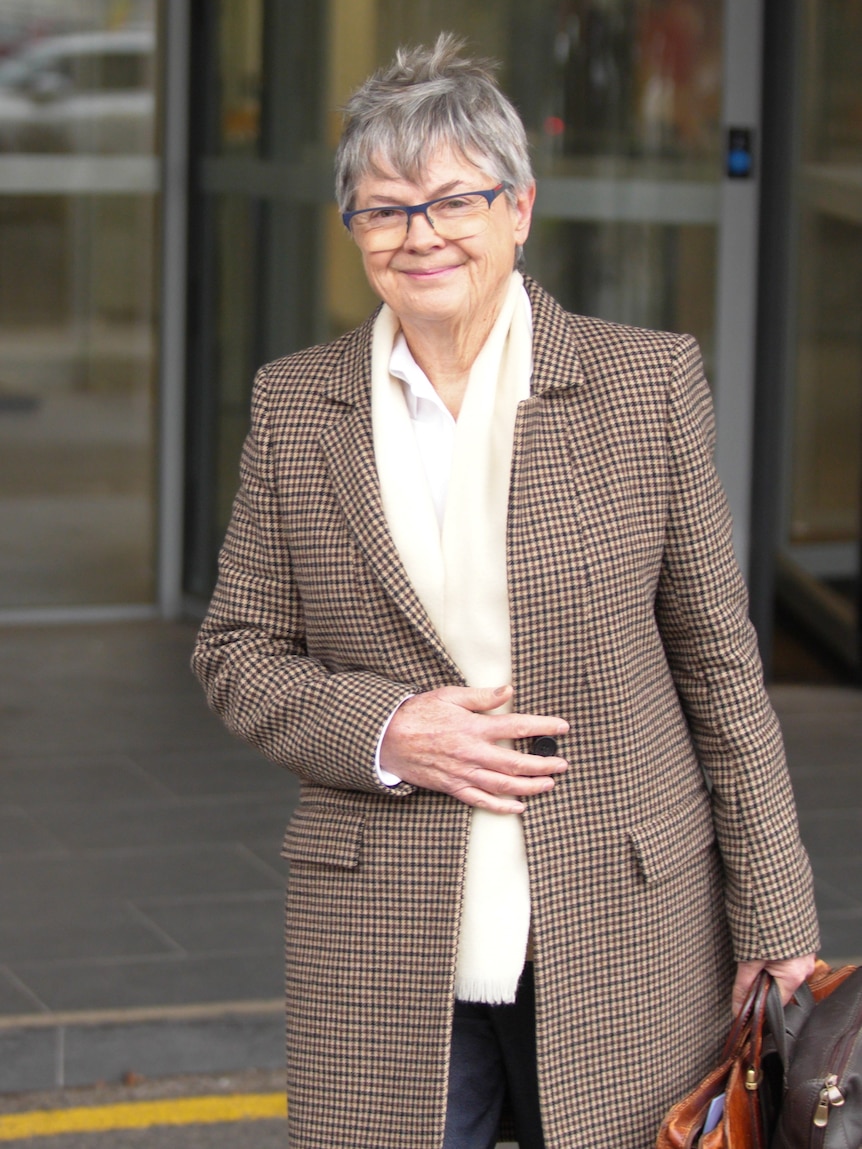In a fortnight, South Australia’s anti-corruption boss will leave her post.
Ann Vanstone’s decision to quit was nearly three years in the making, following the unanimous decision by both houses of state parliament in 2021 to drastically overhaul integrity laws and strip the office of powers.
It was a move which she says has made SA’s ICAC “the weakest integrity agency in Australia”.
Commissioner Vanstone said her decision to resign, in part, was driven by the current state government’s unwillingness to make “modest reforms” so the revised scheme could become more workable.
While she may be headed for the door, it doesn’t mean Commissioner Vanstone’s work as ICAC boss has finished just yet.
Today she’ll make one final appearance before the state parliament’s crime and public integrity committee.
Her departure statement last month flagged that she had a dozen reports that were in progress.
Among them, an evaluation of grants administration in government that has been underway for 18 months.
Thus far, two reports on the issue have been published with more to come.
As part of her work, she has also been considering how grants were used to fund election promises Labor made in opposition, then paid out in office.
But a report on that issue hasn’t surfaced.
When election promises are made
Late last year, Commissioner Vanstone provided evidence to another parliamentary committee about the use of grants to fund election promises.
She said she was “apprehensive” about some of the ways more than $100 million in grants had been delivered by the state government.
Commissioner Vanstone said it was “not clear” how corruption risks were being managed when it came to decisions to spend money “purely for political advantage” and there were “important questions” to consider.
“They are likely to become more important if the practice we saw engaged in in the last election is to become an accepted one and if attempts by the Auditor-General, Ombudsman and other integrity bodies to examine these grants are impeded by a lack of access to key records,” Commissioner Vanstone told the committee.
Concerns about the state government’s use of government grants to pay for election promises were first raised in the aftermath of the 2022 state election, when ABC News revealed grants were used to fund 72 sports club upgrades with all but three in seats Labor held or won at that year’s election.
Tilley Recreation Park, which sits inside the seat of King, was among the recipients for sports club upgrades. (Supplied)
Former Auditor-General Andrew Richardson was denied access to cabinet documents linked to the program, and a similar scheme for community infrastructure, with the Premier and senior cabinet ministers repeatedly citing cabinet confidentiality as the reason.
In the committee last year, Commissioner Vanstone’s commentary went further.
“First, can it be really said that a promise made in an election campaign is in fact a decision of government to award those funds, or is the decision one later made by a minister or other public official to authorise the expenditure of the money?” she said.
“I tend to think the latter, but will consider the matter as part of my evaluation.”
Commissioner Vanstone said a decision made by a minister or public official is subject to “statute, policy and administrative law” which makes sure money is spent for “an authorised public purpose and not for an ulterior or improper one, including to advance some corrupt scheme”.
“This leads to a second question,” she said.
“If it is to be accepted — this practice that an election promise by a political party is, on its own, a sufficient basis for expending public funds without the usual process — then what measures are in place to prevent corruption occurring?” Commissioner Vanstone questioned.
Andrew Richardson was denied access to cabinet documents linked to the program. (ABC News: Ethan Rix)
She said “obvious risks” arise and the motivating factors for a grant “could be a corrupt one” to advance the private interests of some member of parliament or their family.
“Because the decision is made outside government, and therefore away from the usual mechanisms for identifying and dealing with such conduct, it’s not clear what is in place to prevent the risk of it occurring, or for any accountability,” she said.
“Further, as the work of the New South Wales Independent Commission Against Corruption has demonstrated in Operation Jersey — its investigation into pork barrelling — a decision to spend money purely for political advantage can in certain circumstances constitute corruption.”
In response to the Commissioner’s evidence, a state government spokesperson said candidates have made election commitments “since time immemorial” and the public has “a strong expectation” governments deliver on commitments.
“This government takes its promises seriously, and works hard to deliver upon them,” the spokesperson said.
Some of the projects pledged before the 2022 poll then paid for have already been completed, including upgrades of the Thebarton pool and a dog park in Woodcroft.
While refusing to specifically say if Commissioner Vanstone would be given access to cabinet documents as part of her probe, the spokesperson said it was “government policy” to fully co-operate with all evaluations.
“The current evaluation has thus far found that practices, policies and procedures to administer grants are generally robust and appropriately calibrated,” the government spokesperson said.
Whether that has remained the case could become clearer when parliament resumes next week.
That will provide the first opportunity for any of Commissioner Vanstone’s outstanding reports to be tabled and publicly released, just days before she wraps up as the state’s second ICAC head.




